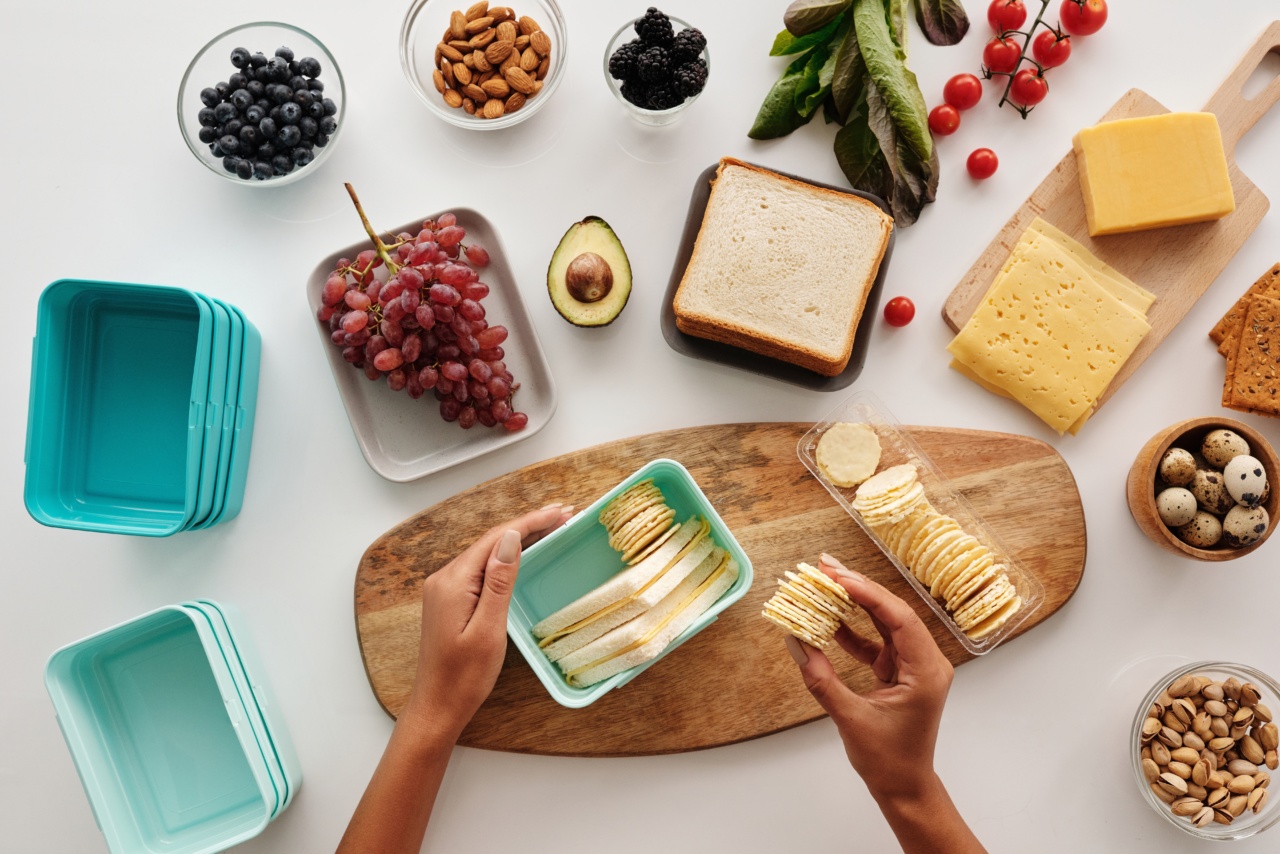Migraines are a type of severe headache that can be debilitating for those who experience them. They are often accompanied by symptoms such as nausea, vomiting, and sensitivity to light and sound.
While there are various triggers for migraines, including stress, hormones, and environmental factors, diet plays a significant role in managing the condition. This article will discuss the foods to avoid and the foods to embrace for individuals with migraines.
Foods to Avoid
1. Caffeine.
Caffeine is a common trigger for migraines. While its effects can vary from person to person, it is advisable for migraine sufferers to limit or avoid caffeine altogether. This includes coffee, tea, energy drinks, and chocolate.
2. Alcohol.
Alcohol, particularly red wine, is notorious for triggering migraines in susceptible individuals. It contains compounds like histamines and tannins that can prompt headaches.
It’s best to avoid or limit alcohol consumption, especially during migraine episodes.
3. Processed Foods.
Processed foods, such as packaged snacks, ready-to-eat meals, and fast food, often contain additives, preservatives, and artificial flavorings that can trigger migraines. Opt for whole, unprocessed foods instead.
4. Aged Cheeses.
Some varieties of cheese, especially aged cheese like blue cheese, cheddar, and Swiss, contain tyramine, a compound that can trigger migraines in some individuals.
If you are prone to migraines, it’s advisable to avoid or limit your intake of these cheeses.
5. Citrus Fruits.
Citrus fruits like oranges, lemons, and grapefruits contain high levels of tyramine, and they are also acidic, which can be problematic for migraine sufferers. It’s best to consume these fruits in moderation or avoid them altogether.
6. Artificial Sweeteners.
Some artificial sweeteners, such as aspartame and sucralose, have been associated with migraines in certain individuals. Pay attention to food labels and opt for natural sweeteners like honey or stevia instead.
7. Monosodium Glutamate (MSG).
MSG is a flavor enhancer that can trigger migraines in some people. It is commonly found in Chinese cuisine, processed meats, and certain snack foods. Be mindful of ingredients lists and avoid foods that contain MSG.
8. Nitrates and Nitrites.
Foods preserved with nitrates and nitrites, such as hot dogs, deli meats, and bacon, can trigger migraines in some individuals. Opt for nitrate-free alternatives or minimize consumption of these foods.
9. Onions and Garlic.
While onions and garlic are generally healthy, they contain sulfites that can trigger migraines in susceptible individuals. If you find that these foods contribute to your migraines, consider reducing or eliminating their use in your cooking.
10. Artificial Food Additives.
Artificial food additives like food colorings and flavorings can be migraine triggers for some individuals. These additives are commonly found in processed foods, so it’s best to stick to whole, natural foods whenever possible.
Foods to Embrace
1. Water.
Staying hydrated is essential for overall health and can potentially help manage migraines. Dehydration is a common trigger for migraines, so be sure to drink plenty of water throughout the day.
2. Magnesium-Rich Foods.
Magnesium is a mineral that has been shown to help reduce the frequency and intensity of migraines. Include magnesium-rich foods in your diet, such as leafy green vegetables, nuts, seeds, and whole grains.
3. Omega-3 Fatty Acids.
Omega-3 fatty acids have anti-inflammatory properties and may help reduce migraine frequency. Incorporate foods rich in omega-3s, such as fatty fish (salmon, sardines), flaxseeds, chia seeds, and walnuts, into your diet.
4. Ginger.
Ginger has long been used as a natural remedy for headaches and migraines. Its anti-inflammatory properties can help alleviate symptoms. Consider drinking ginger tea or adding fresh ginger to your meals.
5. Fresh Fruits and Vegetables.
Fresh fruits and vegetables are generally beneficial for overall health and can support migraine management. They provide essential vitamins, minerals, and antioxidants. Embrace a varied selection of colorful produce in your diet.
6. Lean Proteins.
Include lean proteins like chicken, turkey, fish, and plant-based protein sources in your meals. Protein helps stabilize blood sugar levels, which can contribute to migraine prevention.
7. Complex Carbohydrates.
Opt for complex carbohydrates like whole grains, beans, and legumes instead of refined grains. These carbs provide a steady release of energy and can help maintain stable blood sugar levels, potentially reducing migraine frequency.
8. Green Tea.
While caffeinated beverages should generally be avoided by migraine sufferers, green tea is a potential exception. It contains lower levels of caffeine compared to coffee and may have additional health benefits.
9. Herbal Teas.
Various herbal teas, such as peppermint, chamomile, and valerian root, have been reported to help alleviate migraine symptoms. Experiment with different herbal teas to find what works best for you.
10. Regular Meals and Snacks.
Avoid skipping meals, as irregular eating patterns and prolonged fasting can trigger migraines. Stick to regular meal and snack times to maintain stable blood sugar levels.





























